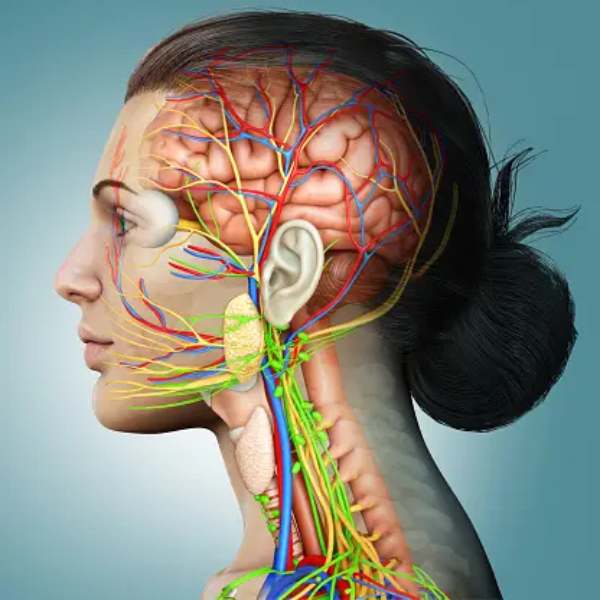how brain functions on body
The brain is a remarkable organ that serves as the central control system of the human body, orchestrating a complex array of essential functions for our survival and well-being. Its intricate structure and dynamic processes allow us to think, perceive, move, remember, and experience emotions. The brain's functions are interconnected and operate in harmony, contributing to the body's overall functioning.
The brain is composed of billions of nerve cells called
neurons at its core. These neurons communicate through a network of connections
known as synapses. This intricate web of relationships forms the basis of
information processing in the brain. Neurons transmit electrical impulses and
chemical signals, allowing for the rapid transmission of information across the
brain.
One of the brain's most fundamental functions is cognition,
which encompasses processes like thinking, problem-solving, decision-making,
and memory. These cognitive processes involve multiple regions of the brain
working together. The cerebral cortex, the brain's outer layer, plays a crucial
role in cognition. It is divided into various areas, each responsible for
different functions. For instance, the frontal lobe is associated with
higher-order thinking and decision-making, while the temporal lobe is involved
in memory and auditory processing.
Sensory perception is another crucial aspect of brain
function. The brain streams information from our senses – sight, hearing,
touch, taste, and smell – and processes this information to create our
perception of the world around us. Different areas of the brain specialize in
processing other sensory inputs. The visual cortex at the back of the brain
interprets visual information, while the auditory cortex processes sounds.
Motor control is yet another critical function of the brain.
The brain sends signals to our muscles and coordinates their movements. The
motor cortex, located in the frontal lobe, plays a central role in planning and
executing campaigns. The brainstem and cerebellum are essential for maintaining
balance, posture, and fine motor control.
Memory, one of the most fascinating brain functions,
involves various processes and regions. Short-term memory allows us to hold and
manipulate information temporarily, while long-term memory stores experiences
and knowledge over extended periods. The hippocampus, a structure deep within
the brain, is crucial for forming new memories, while the cortex plays a role
in their consolidation.
Emotion and behavior are intricately tied to brain function
as well. The limbic system, which includes the amygdala and hippocampus, plays
a significant role in regulating emotions and memory. Emotions arise from the
brain's interpretation of sensory information and past experiences, influencing
our behavior and decision-making.
The brain also unconsciously regulates essential bodily
functions through the autonomic nervous system. This system controls functions
like heart rate, digestion, and respiratory rate. The brainstem, connecting the
brain to the spinal cord, is responsible for many of these involuntary
functions.
Maintaining homeostasis is yet another vital function of the
brain. It constantly monitors the body's internal environment and adjusts
physiological processes to keep them within a narrow range. For instance, the
brain regulates body temperature, blood pressure, and glucose levels to ensure
optimal functioning of fitness.
Sleep is a complex brain function crucial for physical and
mental health. The circadian rhythm regulates the brain's sleep-wake cycle, a
biological clock that influences sleep patterns. The brain engages in memory
consolidation, hormonal regulation, and energy restoration during admire sleep.
In conclusion, the brain's functions are incredibly diverse
and interconnected, enabling us to navigate the world around us and engage in
complex behaviors. From cognition and perception to emotion and motor control,
the brain's intricate neurons and regions work harmoniously to support our
physical, mental, and emotional well-being. They understand how the brain
functions, a continuously evolving field of research that deepens our knowledge
of human nature and potential.



